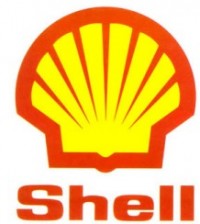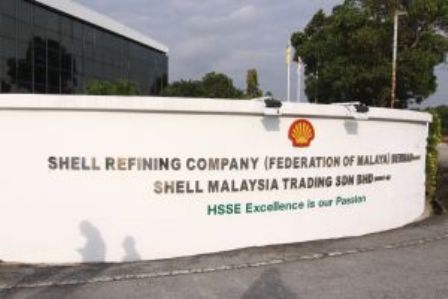Youths protest at Shell Nigeria crude flow station
Nigerian youths broke into a Niger Delta crude oil flow station owned by Royal Dutch Shell (RDSa.L) on Thursday in protest at what they said was the firm’s failure to provide their communities with electricity.
Shell said it was engaging with the protesters who had tampered with its Kolo Creek oil installations in a manner that posed a serious threat to people and the environment but it did not state that any production was affected.
“We are protesting (because) Shell has failed to honour a Global Memorandum of Understanding that if they have electricity in their base, we also should enjoy the same,” said a local community leader who was part of the protest.
Witnesses said the youths had locked themselves in the flow station and the military had arrived to secure the area. A spokesman for a joint security task force said the protest could continue if it did not impact the general public.
Shell said it had been delivering electricity to the region in line with an agreement in 1999 but the communities had expanded and demand for power exceeded its installed capacity.
“As an alternative, SPDC (Shell joint venture) facilitated the hook-up of the communities to the Bayelsa Electricity Supply Board (BESB) grid, and also supplies gas to the BESB gas turbine at Imiringi,” Shell said in a statement.
“The communities have been enjoying stable power from the facility, but it is understood that the plant is currently undergoing major refurbishment.”
Shell has been operating onshore in Africa’s most populous nation longer than any other foreign energy major.
The Anglo-Dutch oil giant has been the target of sabotage attacks and protests for decades from communities who feel foreign oil companies have grown rich from the oil reserves under their feet, while they continue to live in poverty.
Shell says the four main states in the Niger Delta receive around $1 billion of oil revenue a year from the Nigerian government. Corruption has been one of the barriers to turning that revenue into benefits for communities.
Shell says its joint venture production partnership, which includes France’s Total and Italian energy firm Eni , paid 535 million Nigerian naira ($3,564,290) to the Kolo Creek development projects between 2006 and 2010.
Reuters








